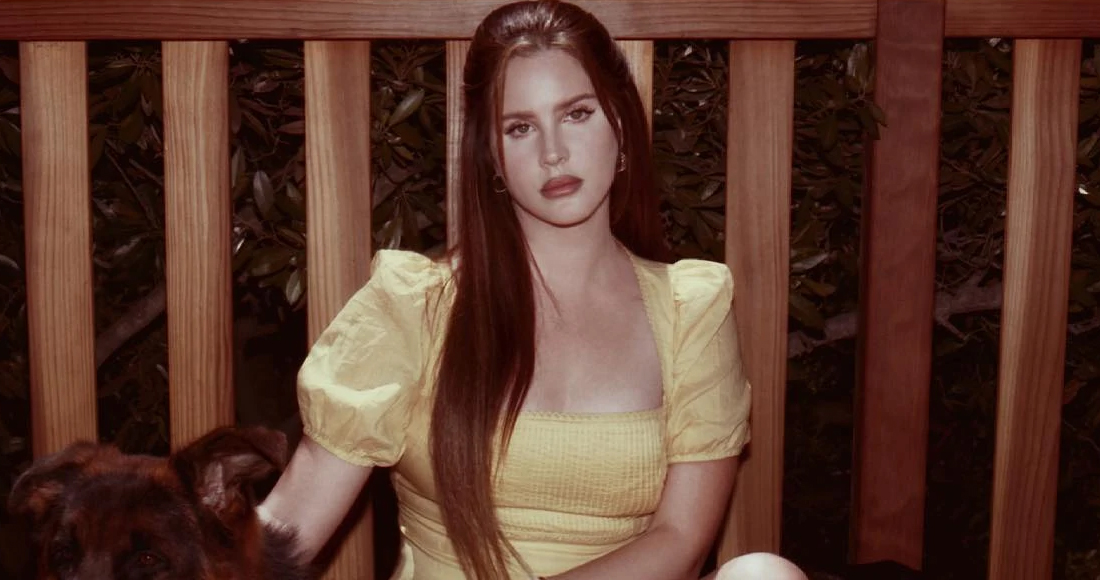
Here, she and producer Jack Antonoff make it visceral: the ragged vocal harmonies coming apart on Fuck It I Love You suggest a woman fighting all her better instincts the enticing decadence of Venice Bitch, with its breathy choruses rising like whipped cream, the illicit pleasure of giving in to them. On prior albums, her subjugation to bad boys has been repetitive to the point of distraction. A certifiable lineup of blokes ranging from flaky to cruel blows through as sure as the Santa Ana winds – yet she sings with unimpeachable poise. Of course, her intentions don’t stick: “I moved to California, but it’s just a state of mind / It turns out everywhere you go, you take yourself, that’s not a lie,” she sings on Fuck It I Love You. NFR only earns its rich frame of reference because it is also the apotheosis of a Lana Del Rey album. Their work has become canonical, beyond reproach – adding another layer of durability to Del Rey’s resolve. The songwriting schools that Del Rey harks back to were the product of such homely idylls: Gerry Goffin and Carole King’s work together Joni Mitchell and Graham Nash’s work about each other (their relationship informed Crosby, Stills and Nash’s Our House, alluded to several times on NFR). She swaps her old fascination with danger to indulge in all-American domesticity: on Venice Bitch, her lover’s “in the yard, I light the fire”.
NEW LANA DEL REY ALBUM 2017 HOW TO
“But one day I woke up like, ‘Maybe I’ll do it differently.’”Īnd so she offers herself up as a compass (“I’m always going to be right here,” she declares on How to Disappear) and a catalyst: “the kind of girl who’s gonna make you wonder who you are and where you’ve been,” she gasps on Mariner’s Apartment Complex, each rich, piano-led verse a three-part rising chord progression that rings with stability, as if laying foundations, bricks then roof.

“Maybe the way that I’m living is killing me,” she gasps on Fuck It I Love You. On NFR, Del Rey asserts a newfound sturdiness after a wayward past of teenage alcoholism and yielding to men who take her sadness “out of context”. Those sounds are more than just another layer of Americana cosplay (though they are that, too). Unlike Lust for Life, with its unconvincing forays into trap, Del Rey’s stately sixth album is completely out of step with contemporary trends: as if a Brill Building stablehand went west on a Laurel Canyon recon mission.
.jpg)
There were hundreds of crooners, but only one Frank Sinatra.ĭel Rey’s image and artistry perfectly aligned for the first time on this year’s Norman Fucking Rockwell! (NFR), a supremely confident declaration of self. Here was someone who knew exactly what she was doing – and when other people tried it (see: Taylor Swift’s Wildest Dreams), something was clearly missing.

Her themes became more provocative, while her sweeping, lunar balladry pushed beyond cliched noir. In pop’s big league, only Drake matched her productivity, although he might wish he had her increasing creative returns. More significantly, Del Rey deepened her craft, producing six albums in nine years, each better than the last.


 0 kommentar(er)
0 kommentar(er)
